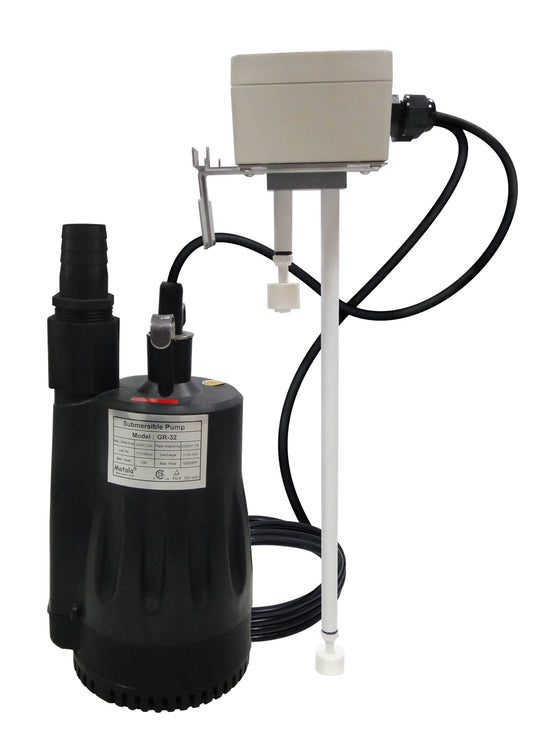
Can I Use the Water from a Dishwasher?
Mason LogueCan I Use the Water from a Dishwasher?
TL;DR
Dishwasher water is typically not suitable for greywater reuse due to high salt and boron content in most detergents, which can damage soil and plants. However, if you use a plant-safe detergent and your local code permits it, reuse may be possible—especially with salt-tolerant landscaping. Always check your state regulations, as some don’t classify dishwasher water as greywater at all.
Why Dishwasher Water Is Usually a No-Go
Unlike water from showers or laundry, dishwasher effluent often contains:
- High levels of salt (from water-softening additives)
- Boron, a trace element toxic to many plants
- Grease and food particles
- Strong surfactants or enzymes
These ingredients are great for cutting through dried-on food—but not so great for your garden. Over time, salt and boron can accumulate in the soil, disrupting plant growth and harming beneficial microbes.
Legal Definitions Matter
In many U.S. states, kitchen sink and dishwasher discharge is not legally considered greywater, and using it for irrigation would violate code. This is especially common in places with stricter water reuse standards, like California.
How to Use Dishwasher Water Safely (If Allowed)
If local codes permit and you’re set on using dishwasher water, here’s what to consider:
1. Switch to a “Plant-Friendly” Detergent
Look for detergents labeled:
- Phosphate-free
- Salt-free
- No boron
- Biodegradable
Even then, you should only irrigate non-edible, salt-tolerant plants.
2. Designate a Specific Irrigation Zone
If no other wastewater options exist, direct your dishwasher water to:
- A gravel trench or mulch basin
- A part of the yard with salt-tolerant ornamental shrubs or grasses
Avoid fruit trees, vegetables, or lawns where pets or kids play.
“If you don’t have a sewer/septic option, and can’t find ‘plant friendly’ detergents, direct greywater to a dedicated portion of the yard and plant with salt tolerant plants.” – Water Wise Group guidance
Real-World Alternative: Use Laundry or Shower Water Instead
Many Aqua2use users avoid the dishwasher altogether and focus on safer greywater sources:
“We put in two sewer lines—one for black water into the septic, and one for gray water (showers, bathroom sink, laundry) into the garden… It's been great to have all this additional water available for the garden.” – Dave in Baja
This setup makes it easier to stay compliant and minimize risk to your plants.
FAQ: Dishwasher Water as Greywater
Why is dishwasher water worse than laundry water?
Because of its higher concentrations of salt, grease, and boron, all of which harm soil and plants.
Can I filter dishwasher greywater to make it usable?
Filtration may remove particles, but it won’t remove dissolved salts or boron.
Are there any dishwashers designed for greywater reuse?
Not commonly. Most household dishwashers are not designed with greywater compatibility in mind.
Is using dishwasher water ever legal?
Only in some states—and only if the system is designed, permitted, and maintained according to code. Check your local regulations.
Bottom Line: Use with Caution—If at All
Dishwasher water is rarely the first choice for greywater systems. Safer and more beneficial sources include your shower, laundry, or bathroom sink. If you must use dishwasher water, be selective about your detergent and your irrigation zone—and consult your local permitting authority.
For more on safe and effective greywater reuse, visit Water Wise Group, or explore tested systems like Aqua2use GWDD, designed to filter and redirect greywater responsibly







